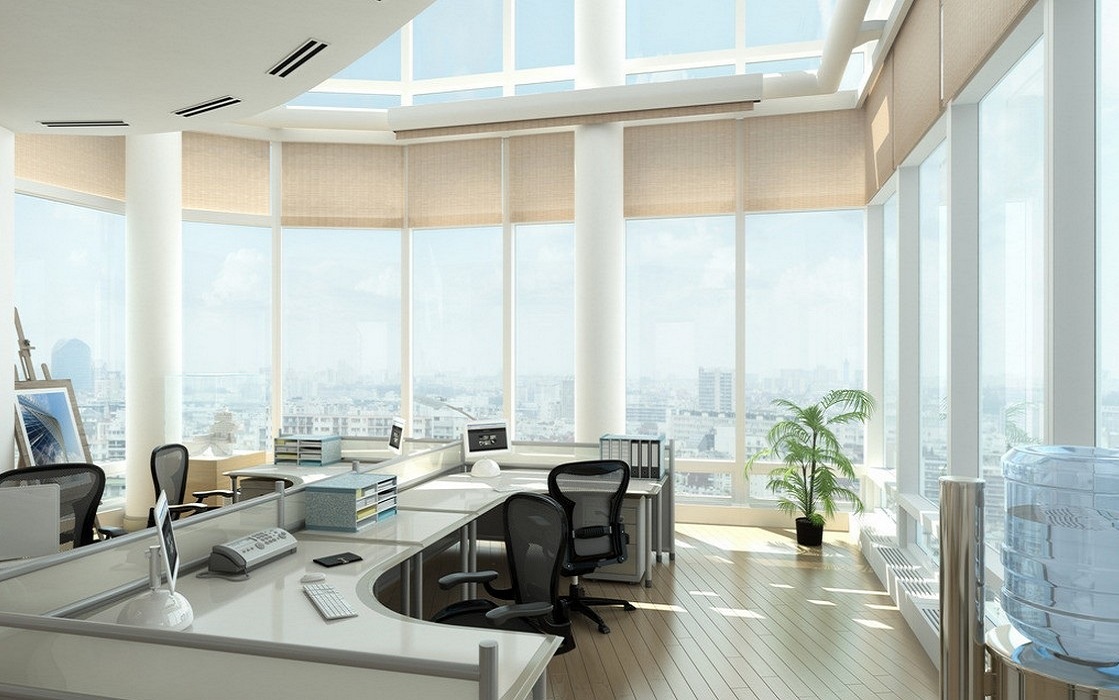What's the better move? Buying your office inside or outside of super?
RIGHT NOW IS THE GREAT TIME TO BE PURCHASING COMMERCIAL REAL ESTATE. WITH RESIDENTIAL PROPERTY MARKETS IN SYDNEY AND MELBOURNE FLAILING, INVESTORS ARE LOOKING TO COMMERCIAL AS AN ALTERNATIVE INVESTMENT OPTION. NOT ONLY ARE THE YIELDS SIGNIFICANTLY IN COMMERCIAL, THE ASSET CLASS HAS BEEN GROWING AT THE SAME TIME RESIDENTIAL HAS BEEN DIVING.
BUT IT’S NOT JUST INVESTORS GETTING INTO COMMERCIAL REAL ESTATE. SO TOO ARE BUSINESS OWNERS WHO ARE LOOKING AT THE RENT THEY’RE PAYING AND ARE THINKING, “WHY DON’T I JUST BUY AN OFFICE IF MY LOAN REPAYMENTS ARE GOING TO BE VIRTUALLY THE SAME AS MY RENT?”
And this scenario is something that I’ve been seeing a lot in my business over the past few months.
So in this article, let’s presume you are in fact a business owner looking to buy an office. Let me walk you through the main points you may ponder to help you make the right decision
The case for purchasing outside of super
One of the key takeaways from the Royal Commission was that the major banks were unsuccessfully trying to be everything to everyone, and they got pinned in a number of areas. One of those areas was financial advice, and in particular the superannuation sector. Post Royal Commission we have seen the majors sell off their financial planning businesses in order to simplify their offerings.
Coupled with that was a move away from providing finance to Self-Managed Superannuation Funds. Now that market is by no means dead and smaller lenders have stepped in to fill the gap the majors have left.
However, with less competition there’s always the risk of pricing increasing and that’s sort of what we’re seeing now. As a ballpark figure, if you wanted to get a commercial loan outside of super, you’re looking at a rate of about 5%. Inside super, it’s going to be more like 7%.
So what advantages does that 2% rate differential give you?
The case for inside super
Whether you’re purchasing inside or outside of super, the structure your accountant will advise is for you to create an entity that purchases the office and your company will then be the tenant. Doing this will allow you to claim a tax deduction against the interest on the loan.
However, how good of a tax play is a commercial office? Most would argue that buying commercial real estate is less about a tax deduction and more about obtaining solid rental returns.
And this brings in the reason why many business owners consider setting up an SMSF to buy an office. The two main points that are hard to ignore for going down this path are:
1. Extra contributions into super
The way I see most small businesses set up is owners pay themselves a paltry salary which is just enough to make ends meet. They do this as they’d prefer to pay out profit as a dividend into their family trust so they can then distribute to members in order to pay less tax.
Speaking for myself (and I’m sure this is the case for most), if money hits my savings account, it’s bloody hard to then put it into my super!
However, if rent, in addition to SG contributions are going in there, it’s just a neat way of boosting income into the super fund.
2. Significant savings on Capital Gains Tax (CGT)
If you decide to sell your commercial office before you retire (accumulation phase), the CGT applicable to the gain will only be 10%. This is as opposed to getting hit at your marginal tax rate outside of super (for many that would be +40%).
Further, if you can wait till you retire (pension phase) then the sale will be exempt from CGT up to $1.6M and then prorated.
Those tax savings are extremely hard to ignore and for me, makes the case for purchasing your office inside super a pretty strong one.
Summary
So if we can agree that purchasing an office is not really about getting a significant tax advantage. It’s more about the fact that your mortgage repayments will be the same or less than your rent and you’ll be owing an asset that’ll grow in value over time.
I think it’s also fair to say that the two above mentioned points regarding purchasing inside super are also pretty compelling.
So that leaves the fact that you’re paying a rate 2% higher for those advantages. If for example, we presume your loan is $800,000 and you have a 15-year loan term. The difference in interest over that time would be $240,000. That figure cannot be ignored so the loan size and length of time you want to take in paying the loan off also needs to be considered carefully.
All in all, there are reasons why you would purchase an office both outside and inside of super and for simplicity, I’ve left many other options off this article. What is paramount however, is that you speak with your accountant and financial advisor to get the right advice, specific to your situation before you consider engaging down this route.
Kind regards,
Tim Russell

